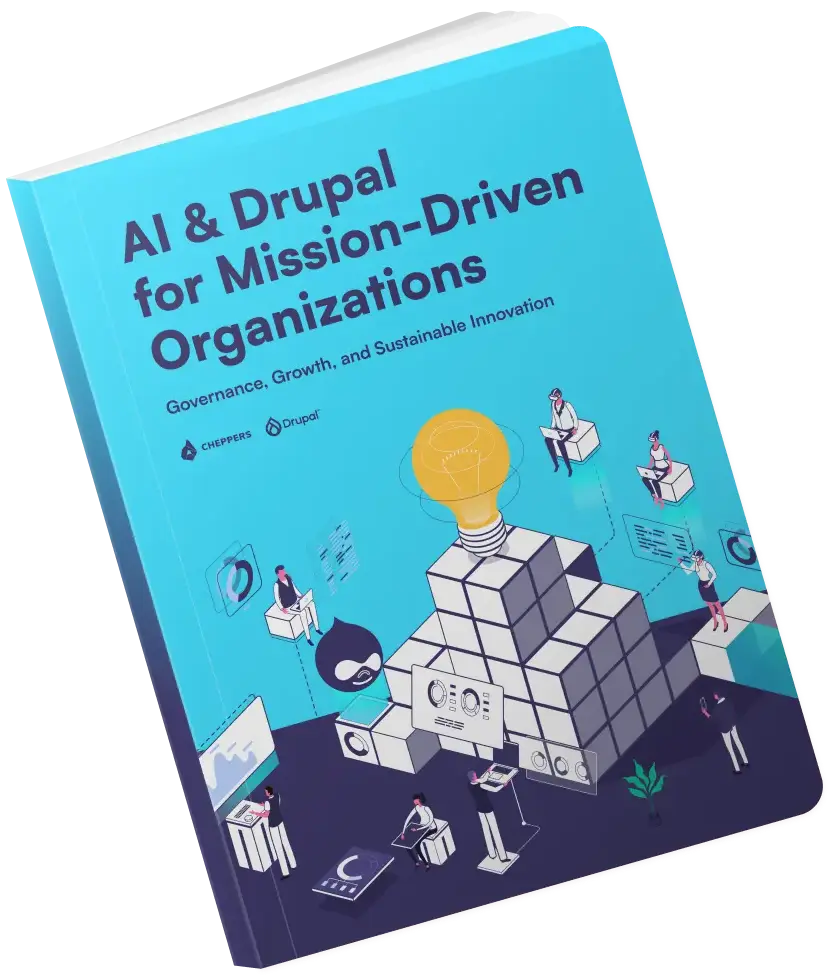UX workshop at Cheppers during the Design Week
At the beginning of October 2016, as part of Design Week Budapest, we had two workshops about Experience Design: what it is, why it’s important and how it’s used. Our department of design is two years old and during this time, working with local and international clients, we have gained a lot of practical experience, which we wanted to share. Anyone could participate in the workshop, regardless of profession or occupation. Our goal was to convey the importance of Experience Design not only for designers, but to show how its practice affects our daily lives.
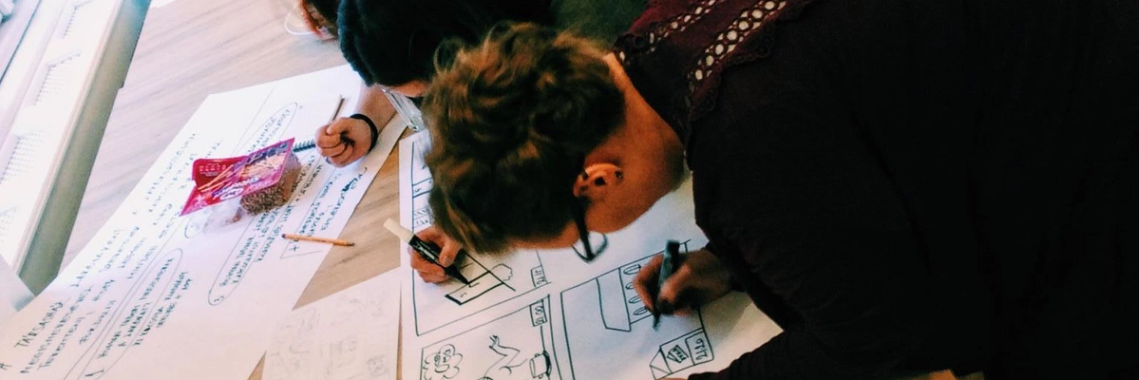
So what was it about?
Each workshop was four hours long, at the beginning we explained participants what Experience Design is, why it’s important and how it affects our lives or our business. After that, the group was divided into small groups of 3-4 people, and we modeled the way we work. The theme of the workshop was “Smart City”, participants were challenged to identify any problems in this field and try to find a solution, applying methods that we offered them. As a result of the two workshops, we had seven ideas for products that can solve specific problems encountered by residents of a city.
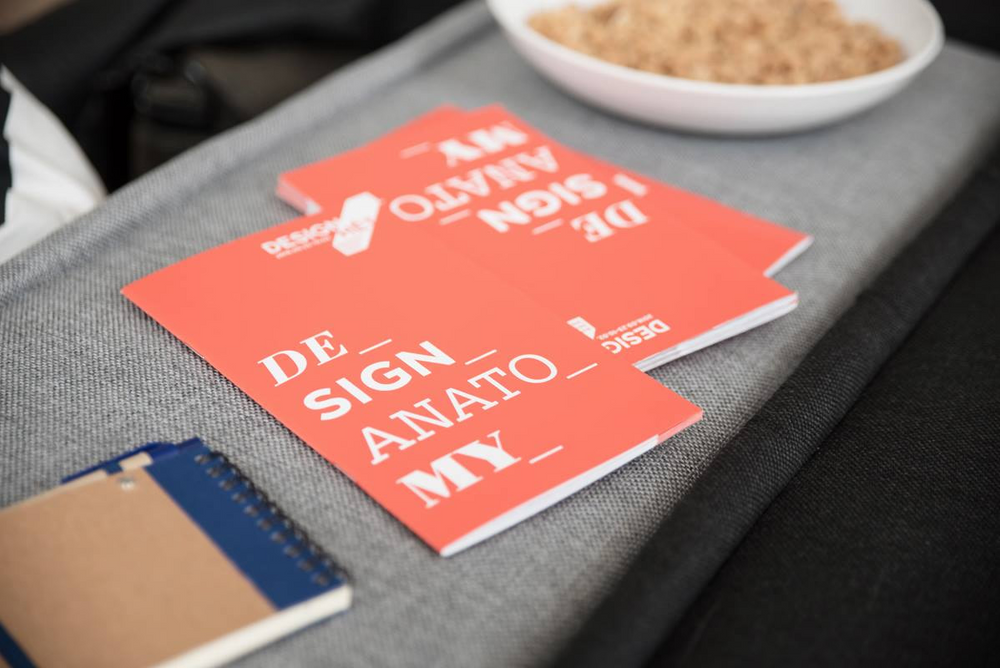
So what is Experience Design?
Normally when we make something for others we intend to make it useful and create a positive result for the people who will use it. But every day we encounter products and services which frustrate us and where our needs as a customer seem to have been misunderstood or ignored. The people who created these experiences often did not mean to cause this negative outcome, but it happened all the same. It happens because of unresolved tension between the needs of the maker and the needs of the user. In a business context this is often because of commercial constraints which seem to limit our ability to satisfy all the needs of all our intended customers. We have to make trade-offs between what users want and what we can make. Experience Design is a method by which we can improve the quality of the outcome for the user while working within resource constraints.

Experience Design:
A design practice focused on human outcomes, in particular the level of engagement and satisfaction that the user derives from a product or service and the relevance of the experience to their needs and context.
Check out our presentation for the attendees.
And what about the Smart City?
We chose the Smart City theme for several reasons. First, the main theme of Design Week was “Design Anatomy”, and the theme of the city, its structures and functionality came in very handy. Secondly, the smart city topic itself is now more relevant than ever, and given the fact that we are all active participants in the life of the city - it is close to each of us. Therefore, participants were asked to select the direction of their choice, then to try to define the problem in this field and find a solution for that problem. Direction could be anything:
- Infrastructure & Technology
- Energy, Water & Waste
- Mobility
- Circular City
- Governance & Education
- Citizens & Living.
The most interesting thing in this was that we didn��’t know what we would get as a result. The most important was the process that led to the results, and it made the whole workshop even more exciting.
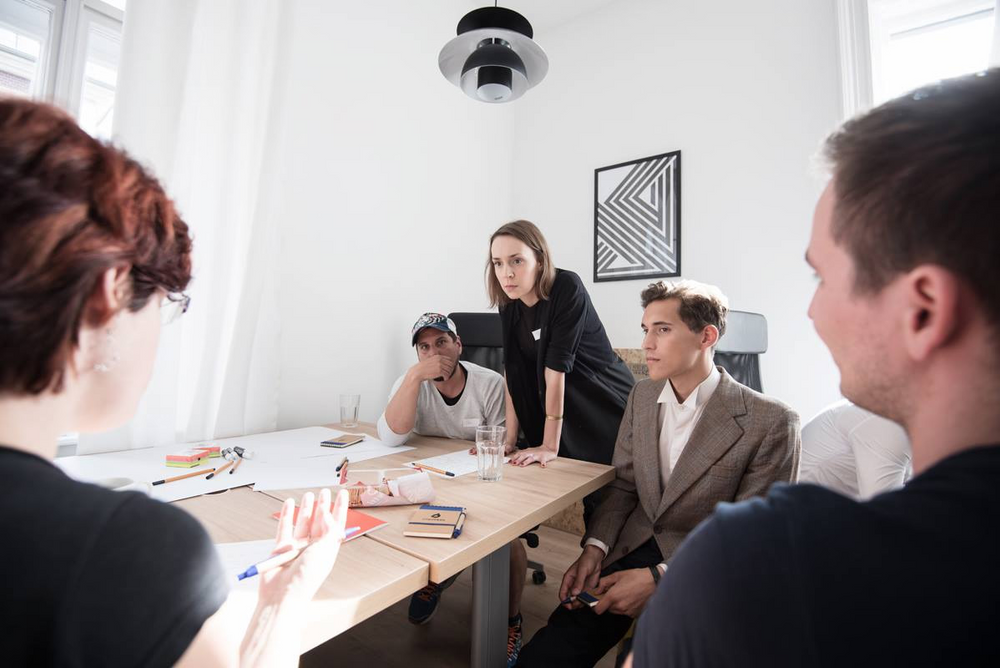
What was the process?
We just want to note that there are a variety of methods used in the Experience Design. We chose one for each phase, on the example of which the participants could understand the meaning and try it out in practice.
The 5 main stages in Experience Design are: EMPATHY - DEFINE - IDEATE - PROTOTYPE - TEST, we went through first four of them.
EMPATHY - the first and most basic step is to know and understand the feelings, desires and fears of our user. We did this through interviews. Through observation and interviews, we can build a picture of our users’ motivations based on what they say, do, think, and feel.
After the participants decided which direction they wanted to take, they came up with interview questions on this topic, then they chose one person in their group who was the interviewee and tried to find out what he thought about it, the feelings he had about the topic, and so on.

The next step was to compile an empathy map on the basis of data obtained from the interviews.
After that, the participants had a clearer understanding of our citizen, his thoughts, feelings and actions, and his needs and insights.
DEFINE - On the basis of the empathy map we have formulated the Point of View (POV) - a concise problem statement which reframes the challenge, which is our guiding and grounding force as we develop our solution.

A good POV will allow us to ideate in a directed manner, by creating How-Might-We (HMW) questions based on our POV, which was the next step in our workshop.
IDEATE - “How might we” (HMW) questions are short questions that launch brainstorms. HMWs fall out of your point-of-view statement or design principles as seeds for your ideation. In this phase participants were looking for a solution to a problem statement they had formulated as a POV.

PROTOTYPE - After choosing one best solution, each group drew a storyboard, which showed the entire user journey. They started with a character with agoal in the particular context and walked him through the inciting moment, struggles and crisis, to the final changed state. It was a great way to demonstrate user experience through a few key images in short period of time without needing to be a text heavy.
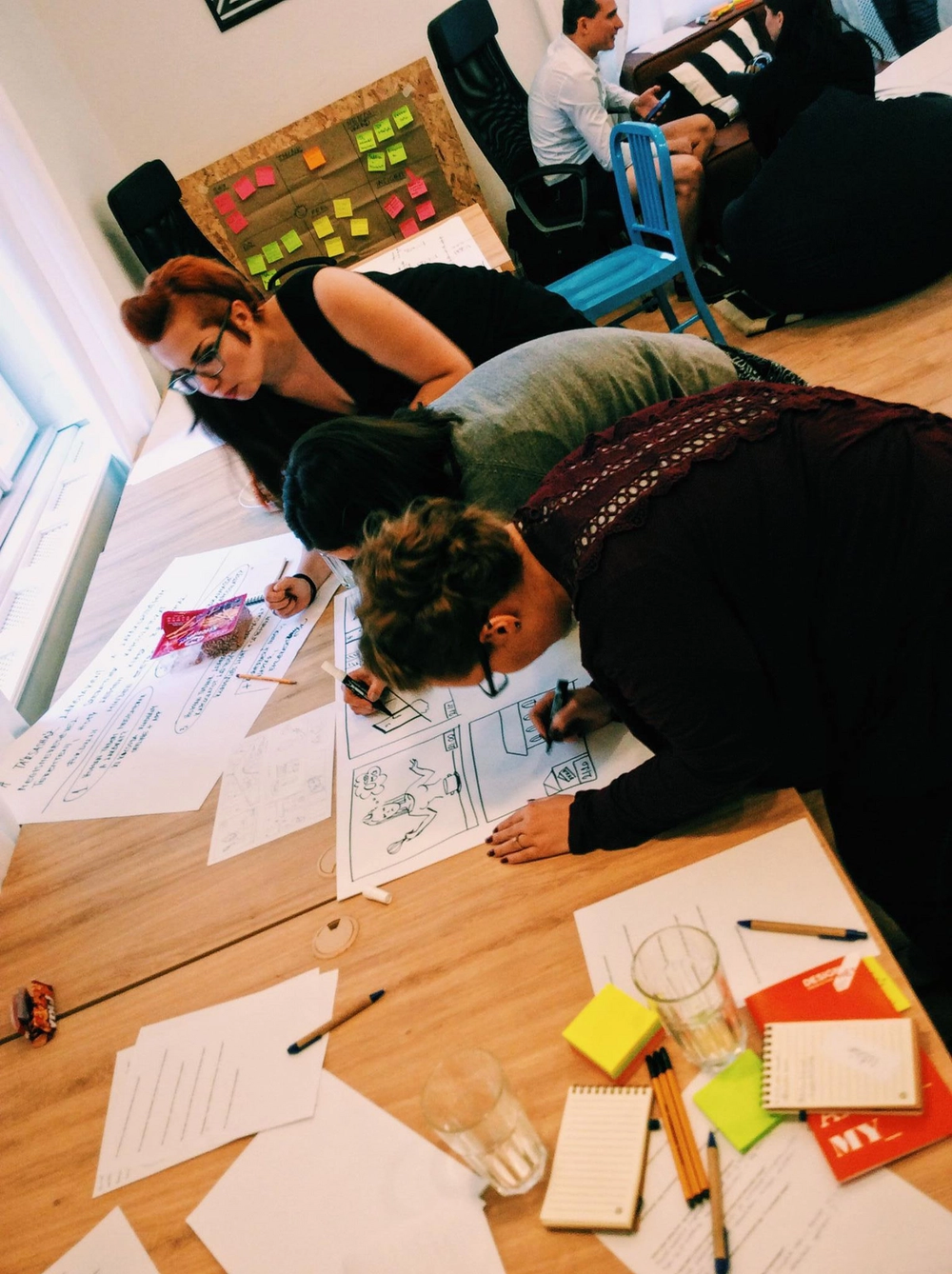
As I said, in the end we got seven completely different product ideas. It was a very productive four hours for all of us. Our participants were able to immerse themselves in the process and try out in practice the techniques that we use in our work, and we received a huge boost of energy and inspiration, and once again were shown how differently we all look at things, at problems and their solutions. We received a lot of positive feedback, the following is some of it:
It was great experience! I was actively working with the guys during the whole workshop. The most valuable thing I got is what kind of questions we have to ask when we work on product design and how to systemise and evaluate the answers.
I gained a lot of experience and the workshop itself was very fun! :) I got an insight into the whole process and the accuracy of the thread, and I realized that this is a science, you cannot learn and fully understand it in a couple of hours, but despite the time constraints I learned a lot of things.
Thank You very much!
P.S.: I was really tired in the end! :)
The program was great and complete, the key message of the workshop was how thoroughly and "human-centric" a design process can be. We got a specific task, the team worked pretty well, everyone was involved in the ideation process. My every expectation was met :)
We think that it wasn’t the last time when we will organise such a workshop. Follow our news and come next time!
Related posts
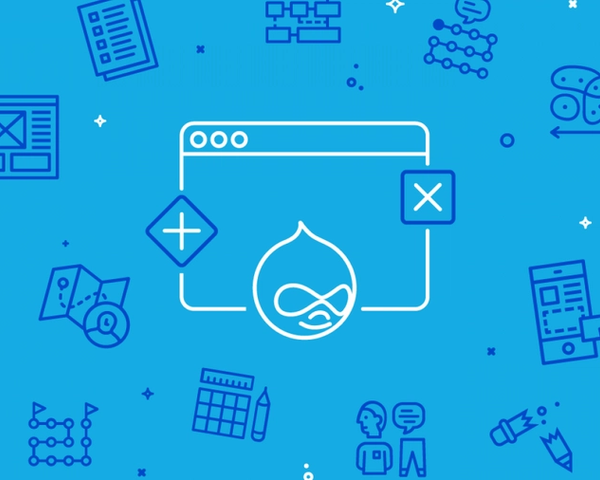
How the user experience of the Drupal platform be improved and how the CMS itself can be simplified, made easier to understand and easier to use.
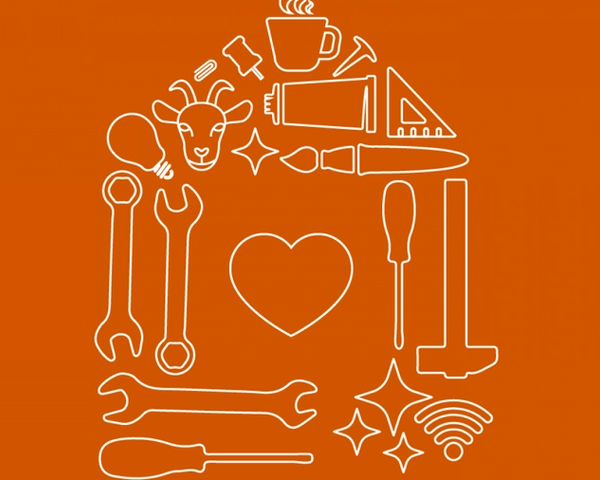
Cheppers was nominated for the Iroda.hu Office of the Year Award, 2015. The following post was published on irodablog.hu in Hungarian.


